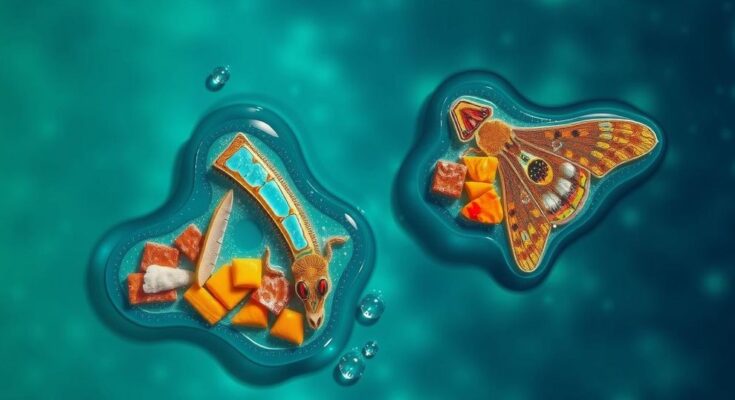Experts from Seychelles and Kenya are working together on Project 99 to develop a biological risk assessment tool. This initiative aims to identify areas susceptible to biological incidents and enhance preparedness against future threats. The project, supported by the European Union, involves training sessions and collaborative workshops focused on emerging risks and worst-case scenarios over the next five years.
The Seychelles and Kenya are collaborating on Project 99, which aims to establish a national biological risk assessment tool. This initiative, involving experts from both nations, seeks to identify vulnerable areas that may face biological incidents over the next five years. A workshop at the Savoy Resort and Spa brought together thirty professionals in health and agriculture, focusing on enhancing preparedness against potential biological threats.
This project is part of a broader effort backed by the European Union’s CBRN initiative, encompassing eleven countries in Eastern and Central Africa. Participants are gaining expertise to map biological risks that may arise due to increasing development and ecological changes, including zoonotic diseases and environmental toxins.
Dr. Jimmy Melanie from Seychelles emphasized the importance of this training in understanding and mitigating risks such as avian flu and its effects on human health. Following this Seychelles workshop, experts had previously participated in training in Nairobi, Kenya, to familiarize themselves with the assessment tools.
The project’s timeline extends until 2026, at which point a comprehensive list of potential biological threats will be compiled. Scott Spence, the team leader for Project 99, noted the crucial role this workshop plays in identifying emerging biological risks. Participants will also explore possible worst-case scenarios, including pandemic risks within the next five years, to better prepare their respective nations.
Project 99 represents a critical collaboration between Seychelles and Kenya, supported by European Union funding, focusing on biological risk assessments. The initiative targets improving national capacities to address and respond to biological incidents, ensuring that both countries are better equipped to handle future public health threats. The program is particularly relevant given the increasing connectivity and developmental changes affecting ecological stability. Through expert workshops and training sessions, the project aims to build a collective understanding of potential risks and responses in a region vulnerable to biological threats.
In conclusion, Project 99 emphasizes the importance of collaboration in addressing biological risks in Seychelles and Kenya. By conducting workshops and utilizing assessment tools, experts are enhancing regional preparedness and response capabilities for biological incidents. The project fosters a proactive approach to managing human, animal, and environmental health risks, ensuring both countries can effectively navigate potential biological challenges in the coming years.
Original Source: www.seychellesnewsagency.com




